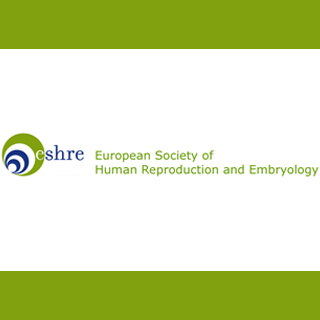
The study seems to have discovered that while the complete quantity of fat in the diet did not matter, the kind of fat did. Women who consumed the maximum quantity of long-chain Omega-3 fatty acids appeared to be 22% less likely to be detected with endometriosis as compared to those who ate the least. Those who consumed the most trans fats appeared to have a 48% augmented risk as opposed to those who ate the least.
The discoveries from roughly 70,709 American nurses pursued for 12 years not only propose that diet could be vital in the growth of endometriosis, but they may also offer more proof that a low fat diet may not essentially be the healthiest. It could additionally strengthen the case for eradicating trans fats from the food supply. This was mentioned by Dr. Stacey Missmer, an assistant professor of obstetrics, gynaecology and reproductive biology at Brigham and Women’s Hospital and Harvard Medical School in Boston, Massachusetts, USA.
Dr. Missmer commented, “Millions of women worldwide suffer from endometriosis. Many women have been searching for something they can actually do for themselves, or their daughters, to reduce the risk of developing the disease, and these findings suggest that dietary changes may be something they can do. The results need to be confirmed by further research, but this study gives us a strong indication that we’re on the right track in identifying food rich in Omega-3 oils as protective for endometriosis and trans fats as detrimental.â€
The study authors gathered details from 1989 to 2001 on roughly 70,709 women enlisted in the U.S. Nurses Health Study cohort. They supposedly utilized three food-frequency questionnaires spaced at four-year intervals to document the women’s standard nutritional habits last year. They classified intake of several kinds of nutritional fat into roughly five levels and connected that information to later established diagnoses of endometriosis. A sum of around 1,199 was detected with the disease by the conclusion of the study. The outcomes seemed to be adjusted to eradicate any power on the discoveries from factors like total calorie intake, body mass index, number of children borne and race.
Long-chain Omega-3 fatty acids are said to be generally seen in oily fish. They have supposedly been associated with decreased heart disease risk. In the study, the maximum contributor appeared to be mayonnaise and full-fat salad dressing, pursued by fatty fish such as tuna, salmon and mackerel. Trans fats are apparently artificially generated via hydrogenation, which seems to turn liquid vegetable oil into solid fat. Applied in several processed foods varying from snacks to ready-meals, they have already been associated with augmented heart disease risk.
The subsequent step is to find out whether dietary intervention that decreases trans fats and increases Omega-3 oils could ease symptoms in women who already suffer from endometriosis.
The study was published in European Society of Human Reproduction and Embryology (ESHRE).
